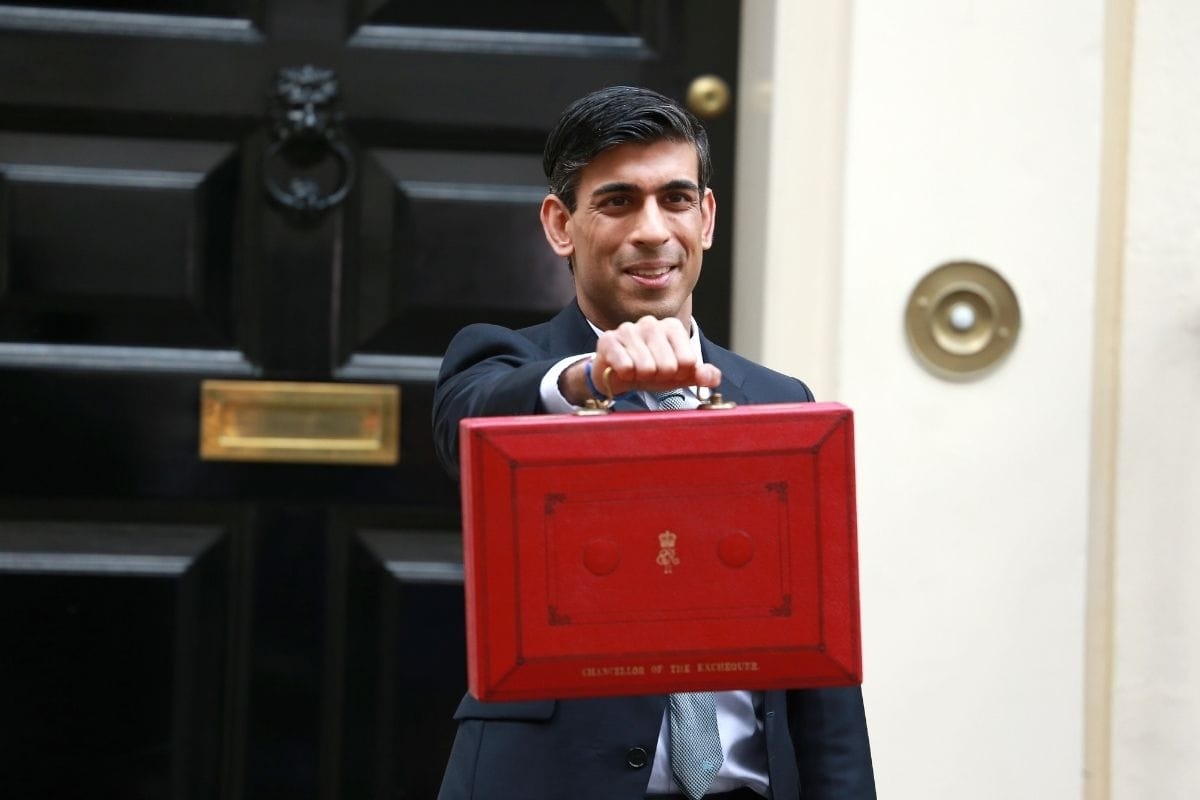
Autumn Budget 2021: Key points for beauty workers
By Chloe Randall | 27 October 2021 | Movers & Shakers, News

Chancellor of the Exchequer, Rishi Sunak, delivered his Budget statement at 12.30pm on Wednesday 27 October, unveiling the economic recovery of the country post-Covid.
Sunak opened the Budget statement with an impactful statement: “Employment is up, investment is growing, public services are improving, public finances are stabilising and wages are rising.”
Despite also admitting there will be a few challenging months ahead, Sunak’s Budget sets out a plan for a “new economy, post-Covid”.
Here are some key points to note:
National Living Wage & National Minimum Wage
Compared to 2020, wages have grown by 3.4%. This move will help more than two million of the lowest-paid workers, Mr Sunak says.
The National Living Wage will rise by 6.6% from the current living wage of £8.91 to £9.50 per hour from 1 April, which the government says will give full-time workers an extra £1,000 a year.
The National Living Wage is what the government has called the National Minimum Wage for anybody above 23-years-old. The National Minimum Wage is for anybody below this age, but both wages see a rise in the Budget.
People aged 21 to 22 will see an increase to £9.18 an hour from £8.36 and apprentices, who must be aged 16 or over and not in full-time education, will get a rise to £4.81 from £4.30 an hour.
“This is a government that is on the side of working people. This wage boost ensures we’re making work pay and keeps us on track to meet our target to end low pay by the end of this parliament,” adds Chancellor Rishi Sunak.
Education
The government has confirmed a £3bn initiative to help young people across the UK, including funding for colleges, to provide additional classroom hours for 100,000 16 to 19-year olds taking the vocational T Levels, as well as cash to create 24,000 new apprenticeships.
Apprenticeship funding will increase to £2.7 billion in 2024-25, and over £900 million for each year across the country on work coaches, to ensure Universal Credit claimants receive the best support to find employment. The government is also permanently cutting the Universal Credit taper rate by 8% from 63p to 55p, for more money in pockets.
Fuel duty
For mobile techs and those that travel to/from a salon or workspace, there’s good news – as Sunak revealed he is scrapping the planned rise in fuel duty.
Income Tax
There will be an increase of the rates of Income Tax applicable to dividend income. Currently the ordinary rate, upper rate and additional rate are 7.5%, 32.5% and 38.1% respectively. This measure will increase each rate by 1.25% to 8.75% 33.75% and 39.35% from April 2022.
This measure supports the government’s objective to raise revenue and in England, revenue from this increase will help to fund the health and social care settlement announced in September 2021. It will also help to limit the incentive for individuals to set up a company and remunerate themselves via dividends, rather than as wages, to reduce their tax bill.
Unemployment rates
There are over two million fewer people out of work than previously feared, with unemployment set to peak at 5.2%.
Funding has also been confirmed for the Restart scheme in England and Wales, to continue providing intensive and tailored support to long-term unemployed people to help them find work. £90 million has also been budgeted to extend the Job Entry Targeted Support Scheme to the end of September 2022, which helps those unemployed for between three and 12 months, to find a job.
For more information about the autumn Budget, visit www.gov.uk
Lead image courtesy of Cubankite / Shutterstock.com

Read the latest issue








